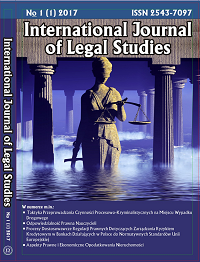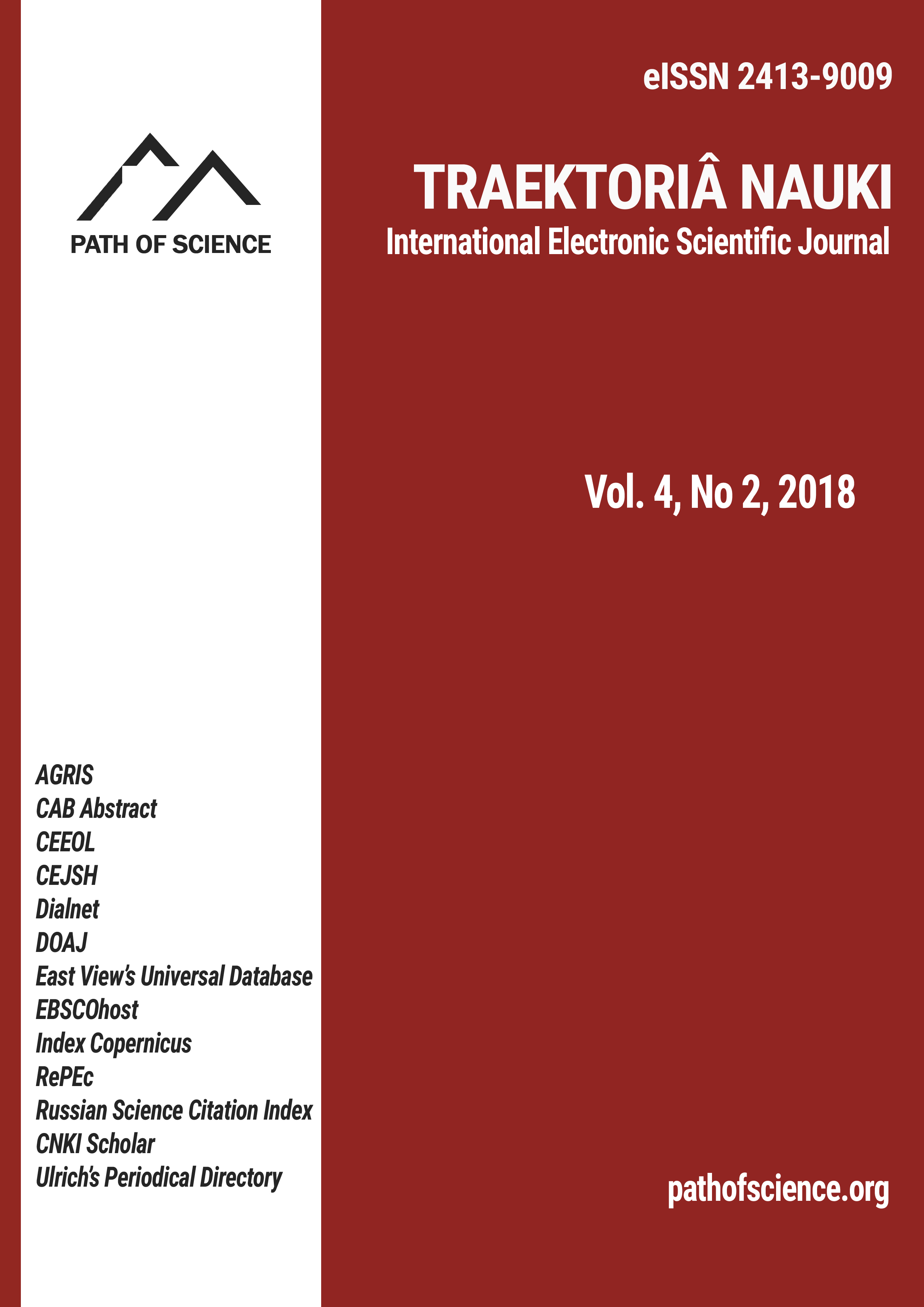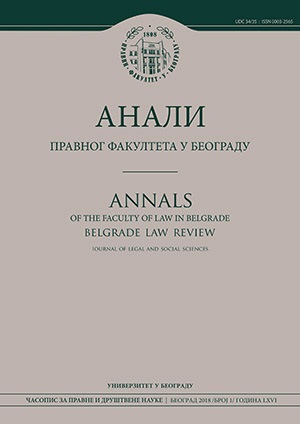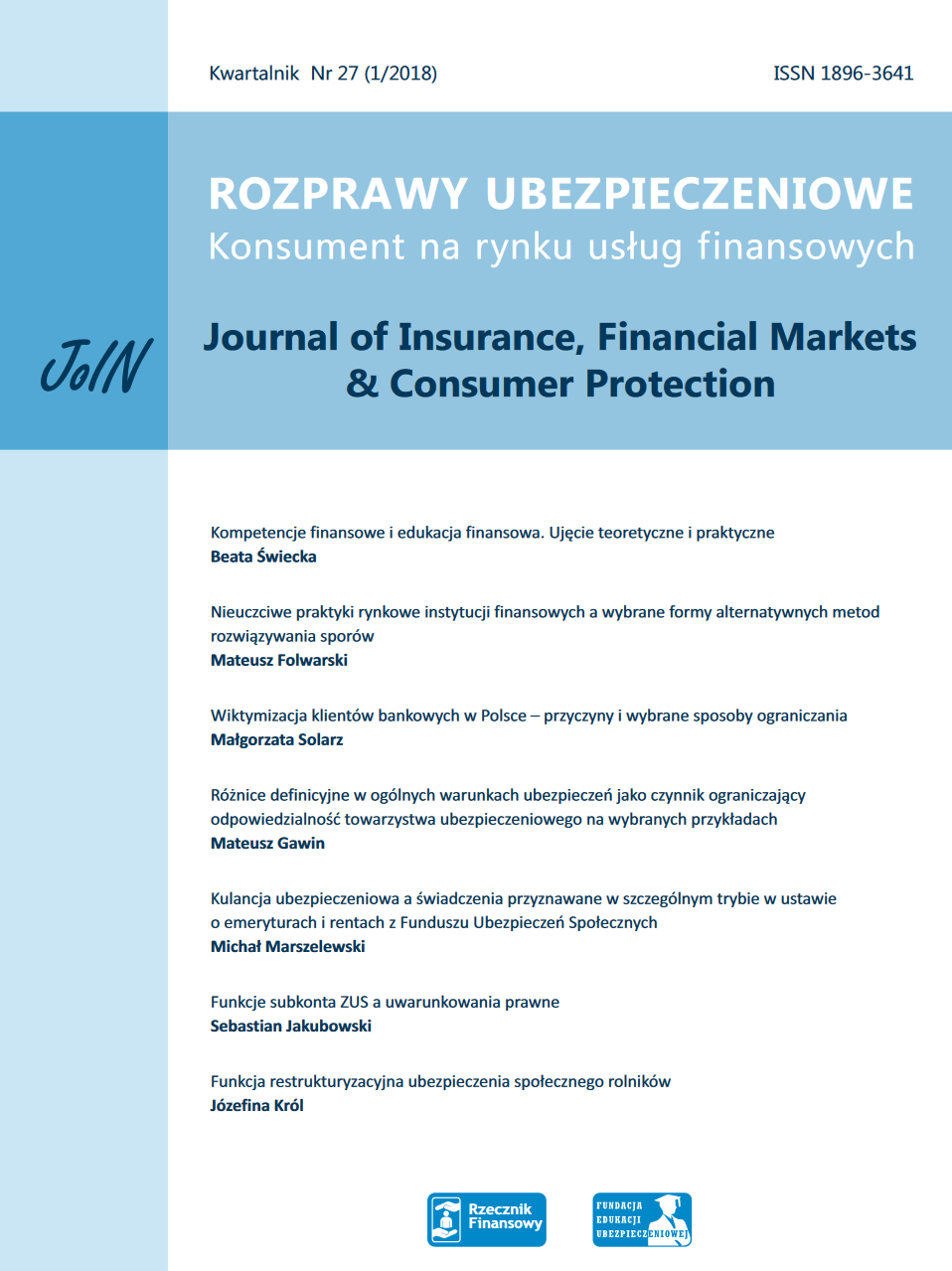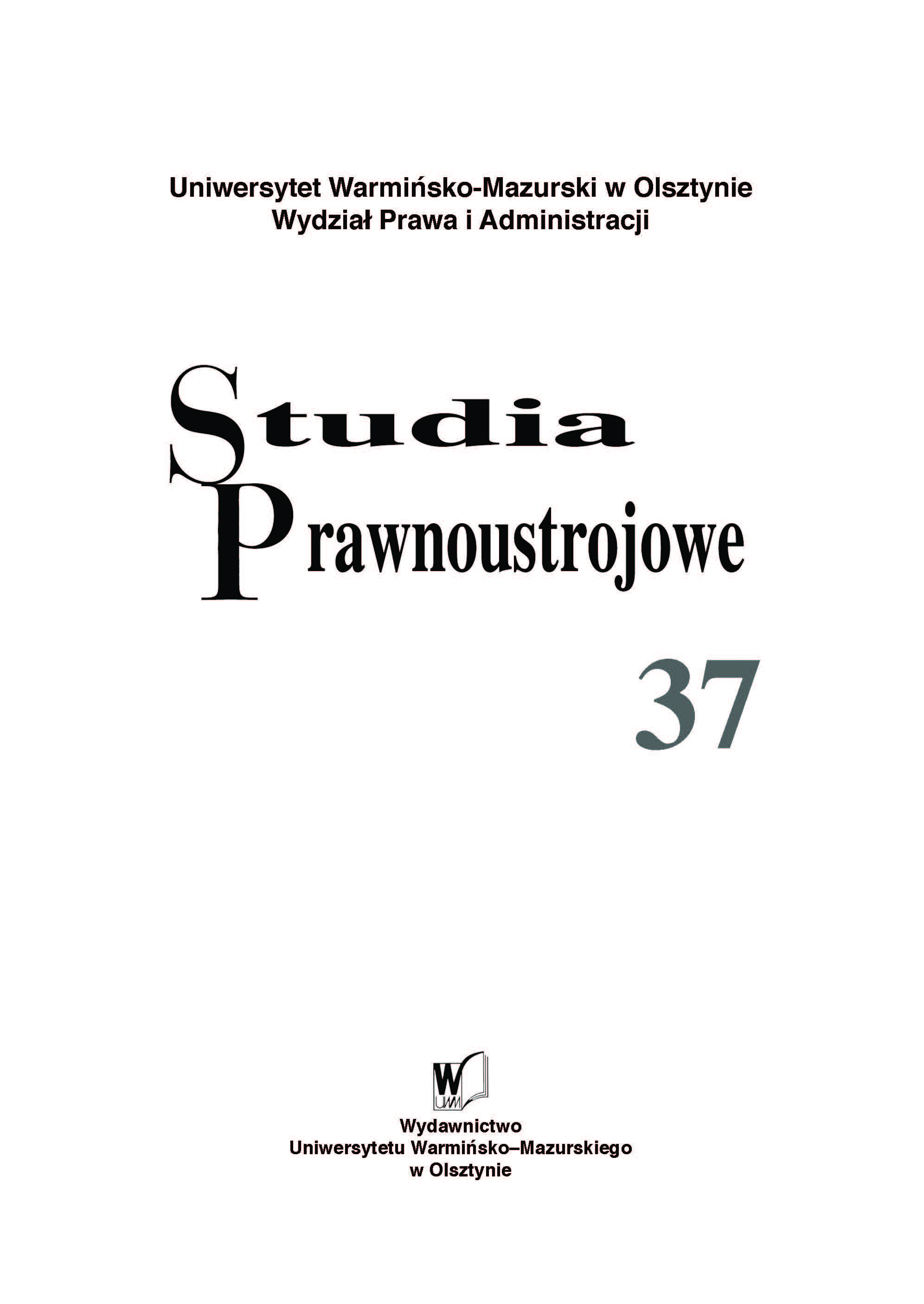
System prawa gospodarki odpadami a problem odpadów komunalnych wyrzucanych do lasu
The study covers selected elements of the Polish waste management with an indication of the legal basis for municipal waste management in connection with the EU requirements. The paper organizes the duties of Polish municipalities in terms of conducting proper waste management and analyzes selected provisions concerning the preservation of cleanliness and tidiness in the community. It was also linking these rules with the general provisions on environmental protection. In addition, an attempt to analyze legal provisions relating to the violation of the obligations in the field of municipal waste management, focusing on waste thrown into the woods.
More...
